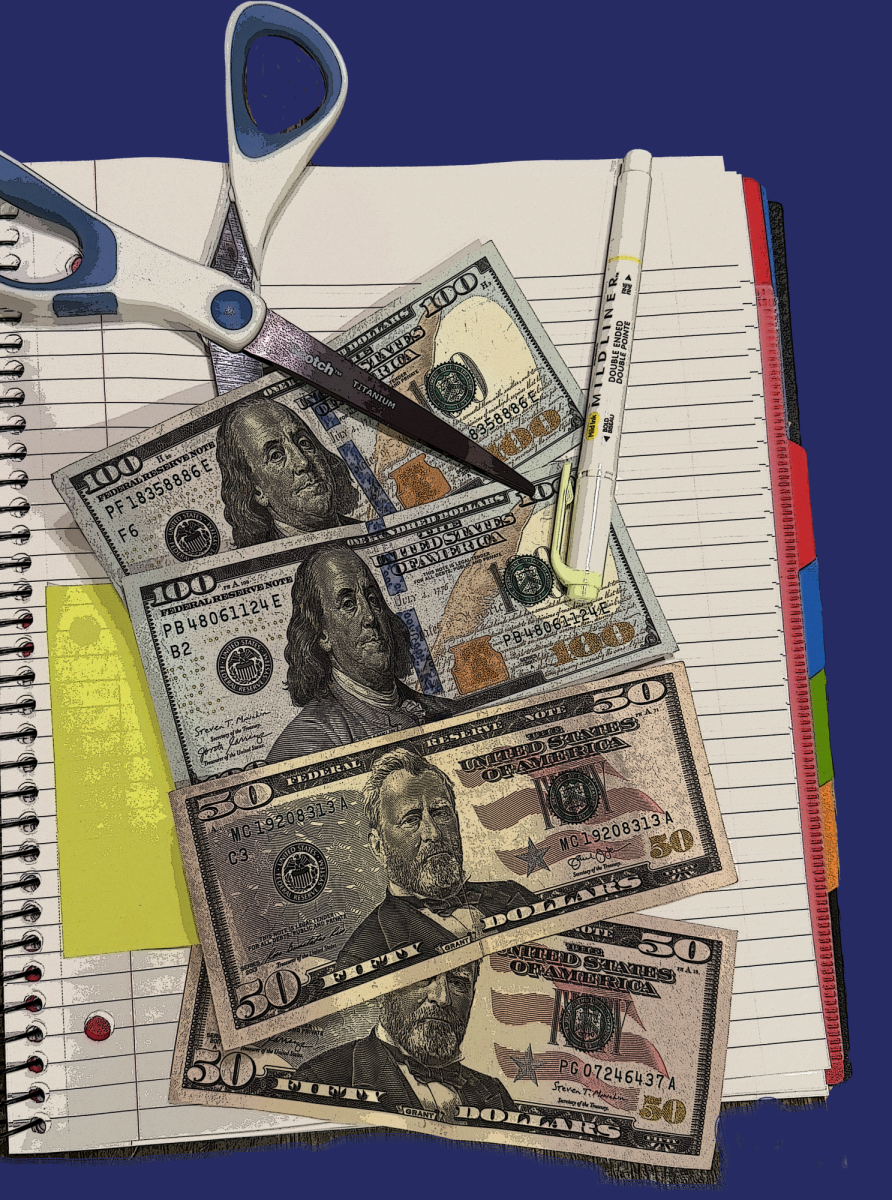When you are buying your first new car, would you rather pay $16,000 or $17,281 for the exact same car? Your credit score is the only thing that would cause this difference. A credit score is a number that reflects your history of paying debts and your current level of debt in order to predict your financial trends in the future. According to a local banker, a credit score “is like a grading scale… it’s your credit G.P.A.” Students and young adults are especially likely to have low credit; the average credit score for people age 18-24 is 630.23, much lower than the average 696.57 of people age 55 and older.
Credit scores affect your ability to get good offers regarding loans and credit cards. For example, someone with good credit might be able to get a car loan with no interest while someone with bad credit may have to take the same loan with eight percent annual interest. With bad credit, you may not be able to get a loan at all. Over the course of a three year loan, eight percent interest could add over $1,000 dollars.
There are five factors that affect your credit score. The first is your payment history, or whether or not you pay your bills on time. Meeting payment deadlines will result in a high score in this category, and it makes up 35 percent of your credit score.
A second major part of your credit score, which encompasses 30 percent of your score, is your current debt to your creditors. This category encompasses all of your debts, (car loan, house loan, etc.) but the most important factor is how much you owe on your revolving accounts, like credit cards. The less you owe relative to your credit limit, which is based on your income: the lower your income, the lower your credit limit, the better score you can have in this category.
The other three categories have less of an effect on your credit score, and only account for 35 percent of your score. The first, which accounts for 15 percent of your score, is the length of your credit history; the longer you maintain good credit, the better. The other two (which each amounts to 10 percent of your score) account for the types of loans; if you have paid multiple types of loans, car loans, mortgage loans, credit cards, etc., you will have a high score in this category. The final category accounts for your searches for new credit. If you attempt to get too much new credit in a short period of time (i.e. a year), your score will be low in this category. The banks may wonder why you are so desperate for money and worry you won’t be able to pay your debt.
One of the mistakes that people while in high school and college will often make is being too extravagant. They rack up debt they cannot or do not pay, which damages their credit score. The local banker we spoke to said ”the biggest issue [with people just starting a credit score] is they bite off more than they can chew…they don’t realize they have to pay.” Living within your means when first building good credit is important. Paying off your bills is a sure way to be responsible to your past, and to set up a solid future. Where do you want your credit score to be in a few years?







